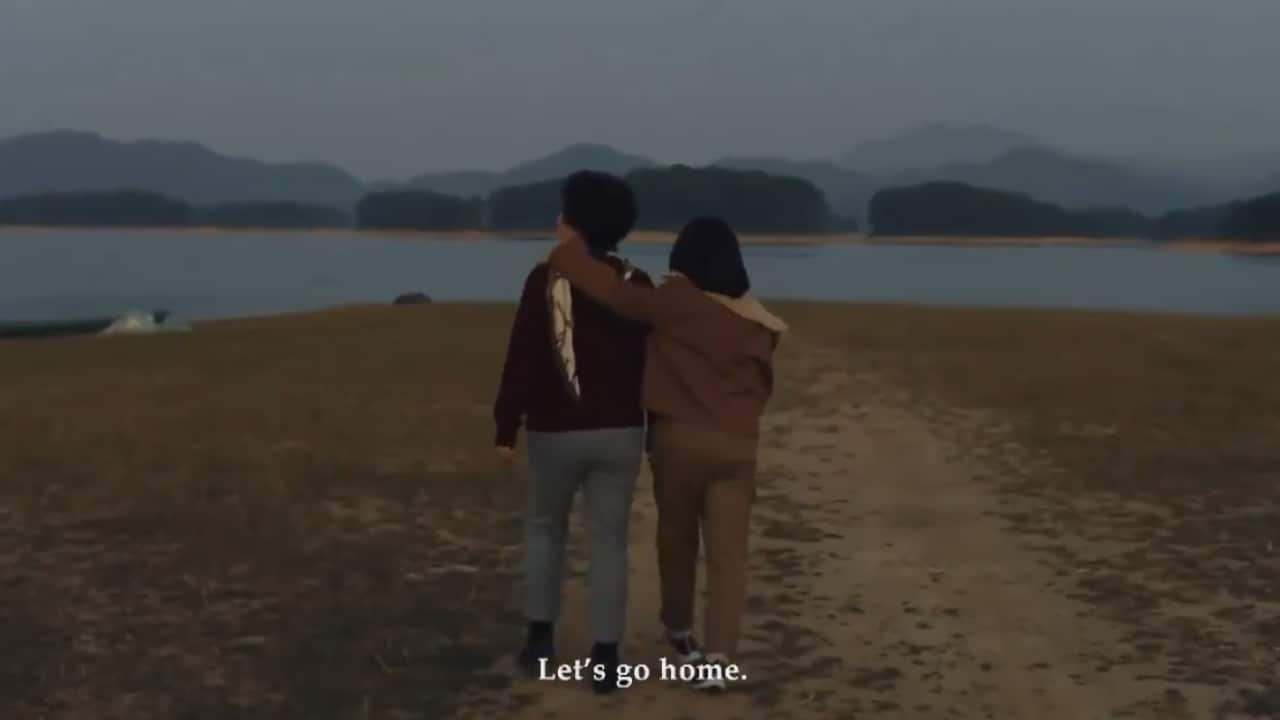I am, like so many second-generation immigrants, a hyphen between worlds. The hyphen is a bridge, a border, a tightrope. My maternal grandfather was a Chinese immigrant to Malaysia. He met his future wife, at his boarding house (her parents were the owners of the house). Immigration leads to all sorts of strange compromises and distinctions; because he was a foreigner in a foreign land, he married into her family, rather than the other way around. Don’t forget, you married into my family, my grandmother said when she was very angry with him. The hyphen became a spear, a sharp point that could hurt you.
I am, like so many second-generation immigrants, a hyphen between worlds.
My parents met and married in Butterworth, a peninsula town off the island of Penang. There they had my brother and began thinking about his future. The Malaysian government has a racial quota for university positions, meaning that Malays, the ethnic majority group, are shown preference for university admission and only a fraction of ethnically Chinese and Indian students enter government-funded universities. There the hyphen is an expressionless wall. They decided to move to Australia.
My brother didn’t want to leave Malaysia, or rather he didn’t want to leave his three pet turtles (Donatello, Michelangelo, Leonardo) in Malaysia. He squashed the turtles into his bum-bag. Splashed water on them in the plane lavatory. When he surrendered his bum-bag at customs, the customs officer saw them moving in the x-ray and said, whoa, that’s a really cool toy you got. What was the hyphen to my brother? A tense border, perhaps, that he was smuggling a small part of himself across.
A year after my parents immigrated, I was born.
A year after my parents immigrated, I was born. I went to school. I had teachers who spoke in slow-motion to me and my parents. I had peers who asked me if I could even read to win an argument about the latest Harry Potter book. I got so keen to prove them wrong that I became the best at English in my class, my school and then what? I became a writer to prove what I could do with and to English. School taught me that the hyphens in me were tightropes you had to walk across. I balanced, wobbled my way towards being seen as more Australian, less Chinese-Malaysian, and therefore, more human. But like Esther Greenwood sitting hungry under a fig tree, I wanted to be everything all at once. I wonder when this will change. When can Esther and I eat greedily the fruits of our multiple selves?
There are times when I’ve wanted the hyphen to disappear. I’ve wanted to exist not on either side of that fine line but in that blank, wide-open space between words. But I have learned to love the hyphen. I am no longer trying to walk the tightrope of the hyphen, jump its wall, dodge its sharp point, I am the hyphen. I am two arms outstretched, pushing away the problem of identity whilst simultaneously, pulling together everything in-between those words and worlds: Chinese-Malaysian-Australian.
Jessica Zhan Mei Yu is a writer and PhD candidate at the University of Melbourne.
This article was edited by Candice Chung, and is part of a series by SBS Voices supporting the work of emerging young Asian-Australian writers. Want to be involved? Get in touch with Candice on Twitter
SBS中文 brings news, lifestyle and community stories to Mandarin and Cantonese speakers in Australia. Available in Traditional and Simplified script. Read, watch or listen to Australian journalism in Chinese at




